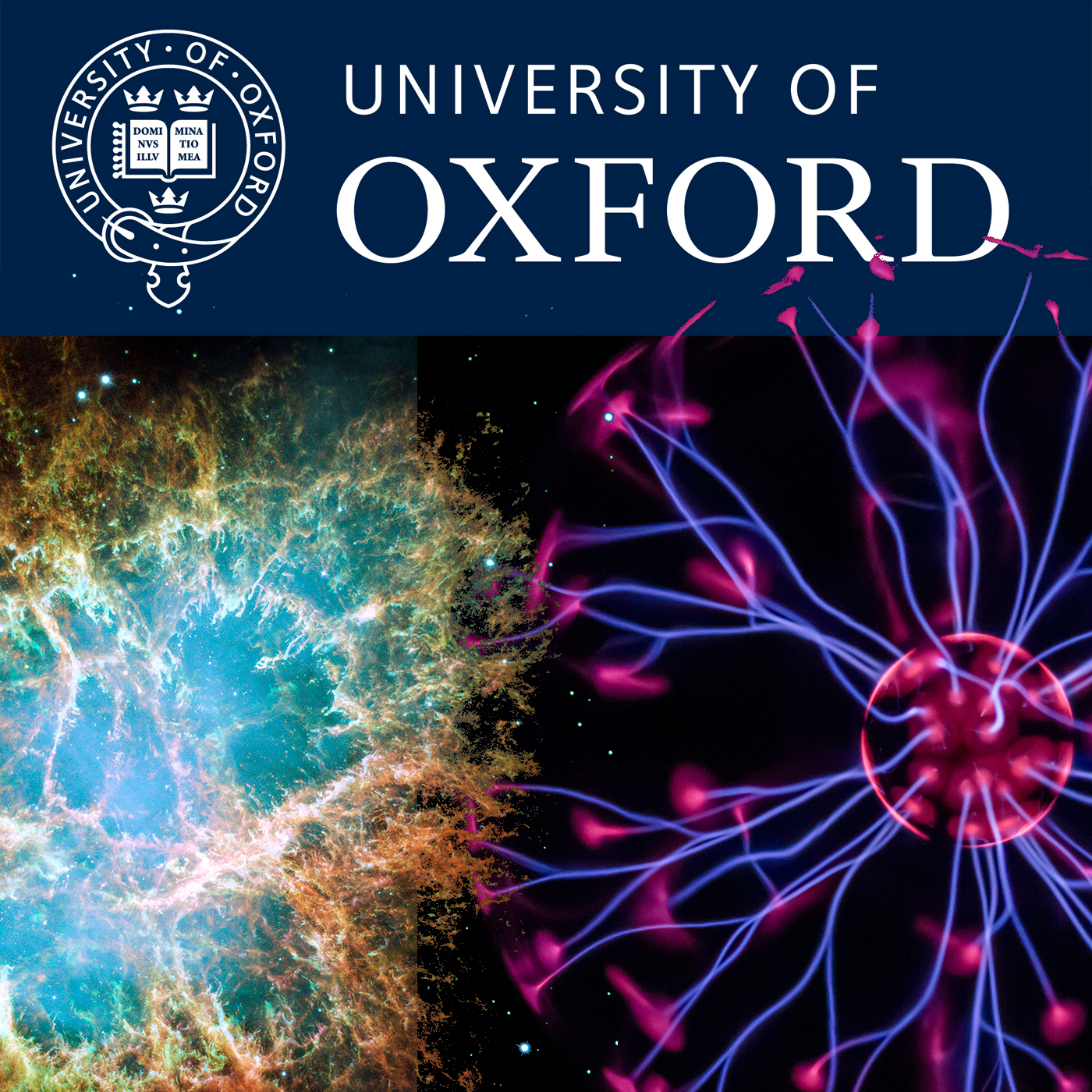Podcast Profile: Theoretical Physics - From Outer Space to Plasma
 Site • RSS • Apple Podcasts
Site • RSS • Apple Podcasts97 episodes
2015 to 2025
Median: 43 minutes
Collection: Physics, Math, and Astronomy

 Site • RSS • Apple Podcasts
Site • RSS • Apple PodcastsDescription (podcaster-provided):
Learn about quantum mechanics, black holes, dark matter, plasma, particle accelerators, the Large Hadron Collider and other key Theoretical Physics topics. The Rudolf Peierls Centre for Theoretical Physics holds morning sessions consisting of three talks, pitched to explain an area of our research to an audience familiar with physics at about second-year undergraduate level.Themes and summary (AI-generated based on podcaster-provided show and episode descriptions):
➤ Quantum computing, error correction, simulators • Topological condensed matter: moiré, anyons, flat bands • Cosmology/early universe: inflation, Hubble tension, axions • Black holes, gravitational waves • Fusion plasmas • Active/living matter • Machine learning in physicsThis podcast presents accessible, second-year–undergraduate-level introductions to current research topics in theoretical physics, delivered as seminar-style talks. Across the episodes, a major focus is quantum matter and condensed-matter physics: how electrons behave in solids when interactions are strong, how “flat band” and moiré (twisted-layer) materials amplify correlation effects, and how topological ideas organize phases of matter such as quantum Hall states, Chern insulators, and topological insulators. Related discussions include emergent particle-like excitations in two dimensions (anyons) and “axion” concepts that appear both in particle physics and as effective electrodynamics in certain materials.
Quantum information is another recurring theme. The podcast covers how quantum computers are built and programmed (including superconducting and trapped-ion approaches), why noise is a central obstacle, and how quantum error correction works. Several talks connect computation back to physics, including quantum simulation as a route to studying dynamics that are intractable on classical computers, and the use of machine learning for experiment control, data interpretation, and even for navigating string-theory model spaces.
On the high-energy and cosmology side, the episodes span black holes (including tidal disruption events and connections between gravity, fluids, and holography), efforts toward quantum gravity and string theory, and open problems in cosmology such as inflation, cosmic strings, axions as dark-matter candidates, and the “Hubble tension.” Gravitational-wave astronomy appears both as an overview of the underlying theory and as a tool for learning about black-hole populations and possible stochastic backgrounds.
A further thread applies statistical and nonequilibrium physics to complex systems, from active matter and rare-event statistics to living systems where mechanics, topology, chirality, and imaging methods help explain collective cell behavior. Fusion and plasma physics also feature, emphasizing magnetic confinement concepts, stellarators, and magnetized laser-plasma schemes aimed at improving ignition prospects.